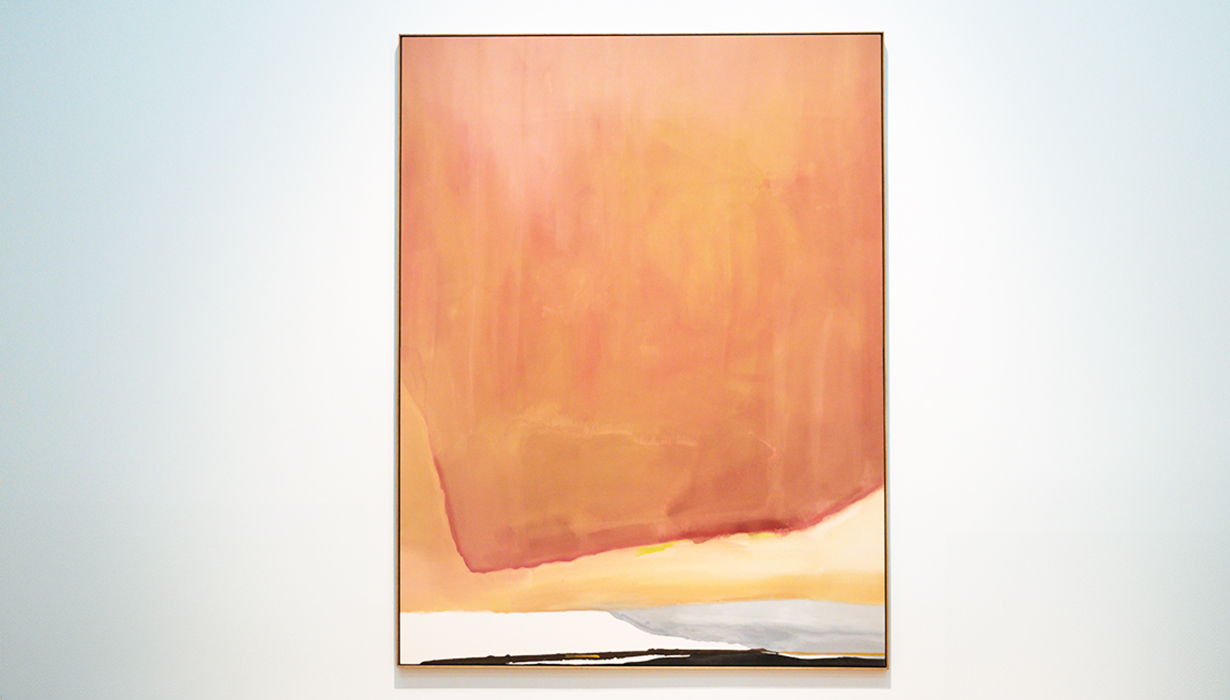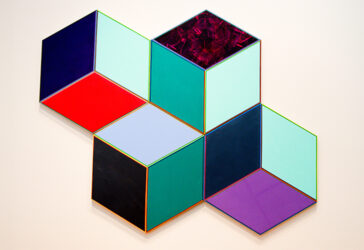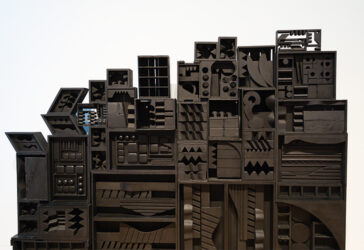
Abstraction, Color, and Politics in the 60s and 70s: Kaleidoscope
Exploring the role of abstraction in shifting American political landscapes
This final installment in the three-part Abstraction, Color, and Politics series unpacks the evolving practice of abstract art in the United States and its role in political discourse and protest movements in the 1960s and 70s.
The notion that abstraction was a purely formal and American art form, concerned only with timeless themes disconnected from the present, was met with increased skepticism in the midst of the political and cultural upheavals of the era.
Kaleidoscope examines the constantly changing practices of local Detroit artists, women artists, and artists of color as they actively embraced abstraction’s possibilities. As the 1970s progressed, women artists and black feminist artists assertively explored abstraction’s possibilities during an era of profound experimentation. They collaged, cut, weaved, and punched their materials with a focused physicality. Kaleidoscope features works by Anni Albers, Jennifer Bartlett, Louise Fishman, Helen Frankenthaler, Howardena Pindell, Dorothea Rockburne, Anne Truitt, and others.
Part three of the three-part Abstraction Color & Politics series
SUPPORT
Support for this exhibition is provided by the University of Michigan Office of the Provost, the Richard and Rosann Noel Endowment Fund, the Herbert W. and Susan L. Johe Endowment, the Susan and Richard Gutow Endowed Fund, and the Robert and Janet Miller Fund.

